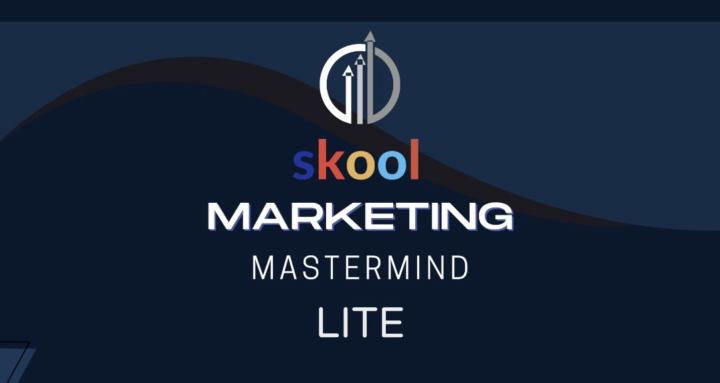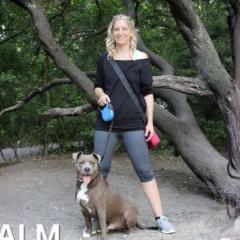
Write something
The Uniqueness Trap: When Your Perfect USP Falls Flat in the Real World
You did everything by the book. You identified a gap in the market. You developed a product with features no competitor could match. You crafted a unique selling proposition that made focus group participants nod enthusiastically and say, "Yes, I would absolutely buy that!" Then you launched... and the market responded with deafening silence. This isn't just our story. It's a pattern I've seen repeatedly with brands that prioritize differentiation above all else. Our particular version went something like this: The Perfect USP (On Paper) Our client's productivity app had a genuinely innovative feature set. We'd combined task management, habit tracking, and calendar optimization using a proprietary algorithm that promised "40% more productivity with 30% less stress." Focus groups were ecstatic. When presented with our USP alongside competitors, 87% selected our solution as "most appealing" and "most likely to purchase." Market research firms praised our positioning. Investors wrote checks. The launch was set. The Brutal Reality Check Six months post-launch, our conversion rates were hovering at one-third of projections. User acquisition costs were three times higher than budgeted. The few customers we did acquire weren't using our core differentiating features. Something was fundamentally broken, and it wasn't our product. The Authenticity Insight The breakthrough came during desperate customer interviews, when one early adopter made a comment that stopped us cold: "Your app is probably better than what I'm using now, but I don't believe it will make me 40% more productive. Nothing could. So I'm wondering what else you're exaggerating." There it was. Our unique selling proposition wasn't failing because it wasn't unique enough—it was failing because it wasn't authentic enough. Further research confirmed a pattern: As markets mature, consumers become increasingly skeptical of extraordinary claims. The very uniqueness we thought would differentiate us was actually triggering doubt.
6
0
1-1 of 1

skool.com/marketing-mastermind-lite-2478
For entrepreneurs and marketers focused on doubling their customers through smarter marketing strategies, better offers, and proven growth tactics.
Powered by


